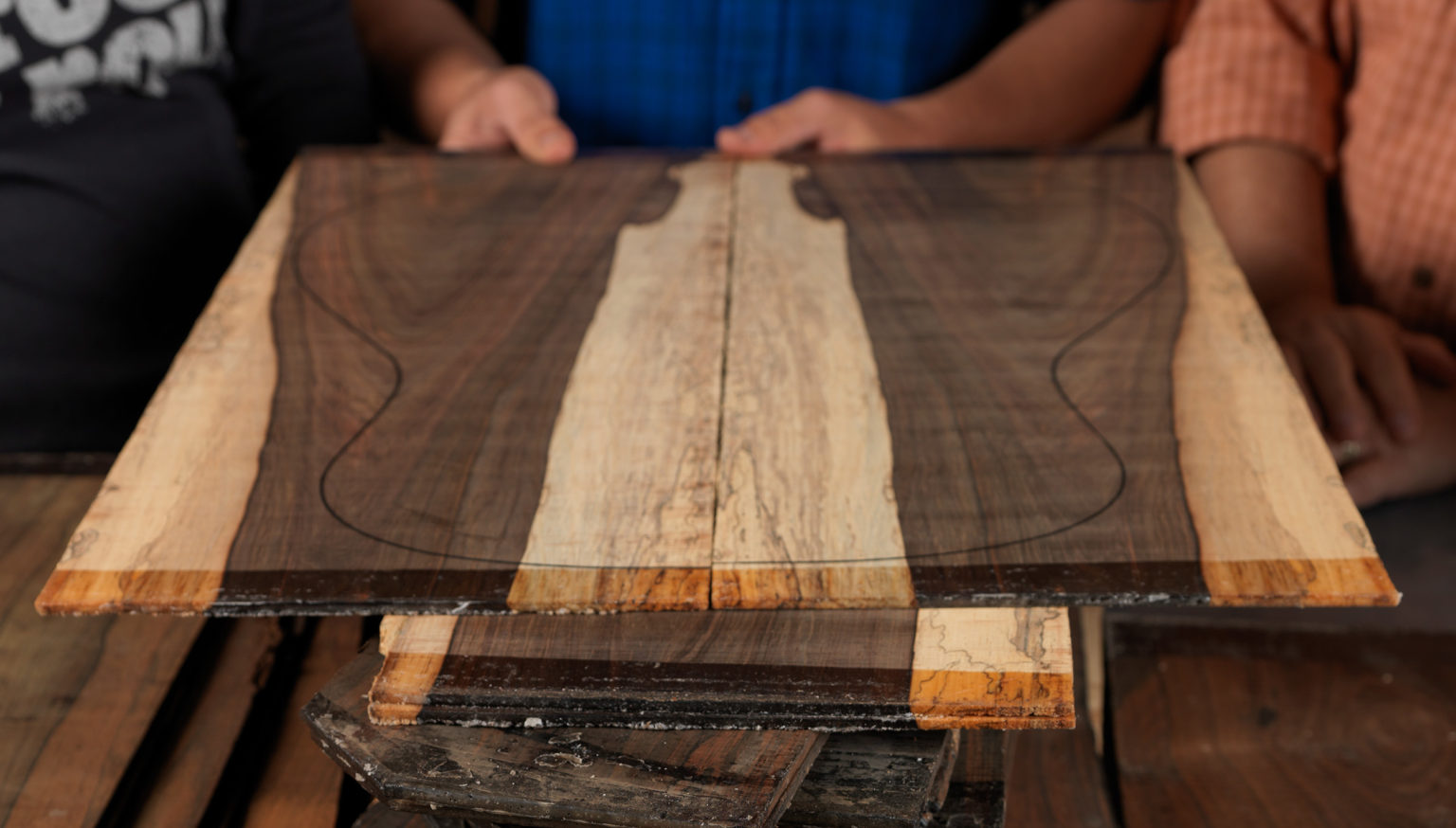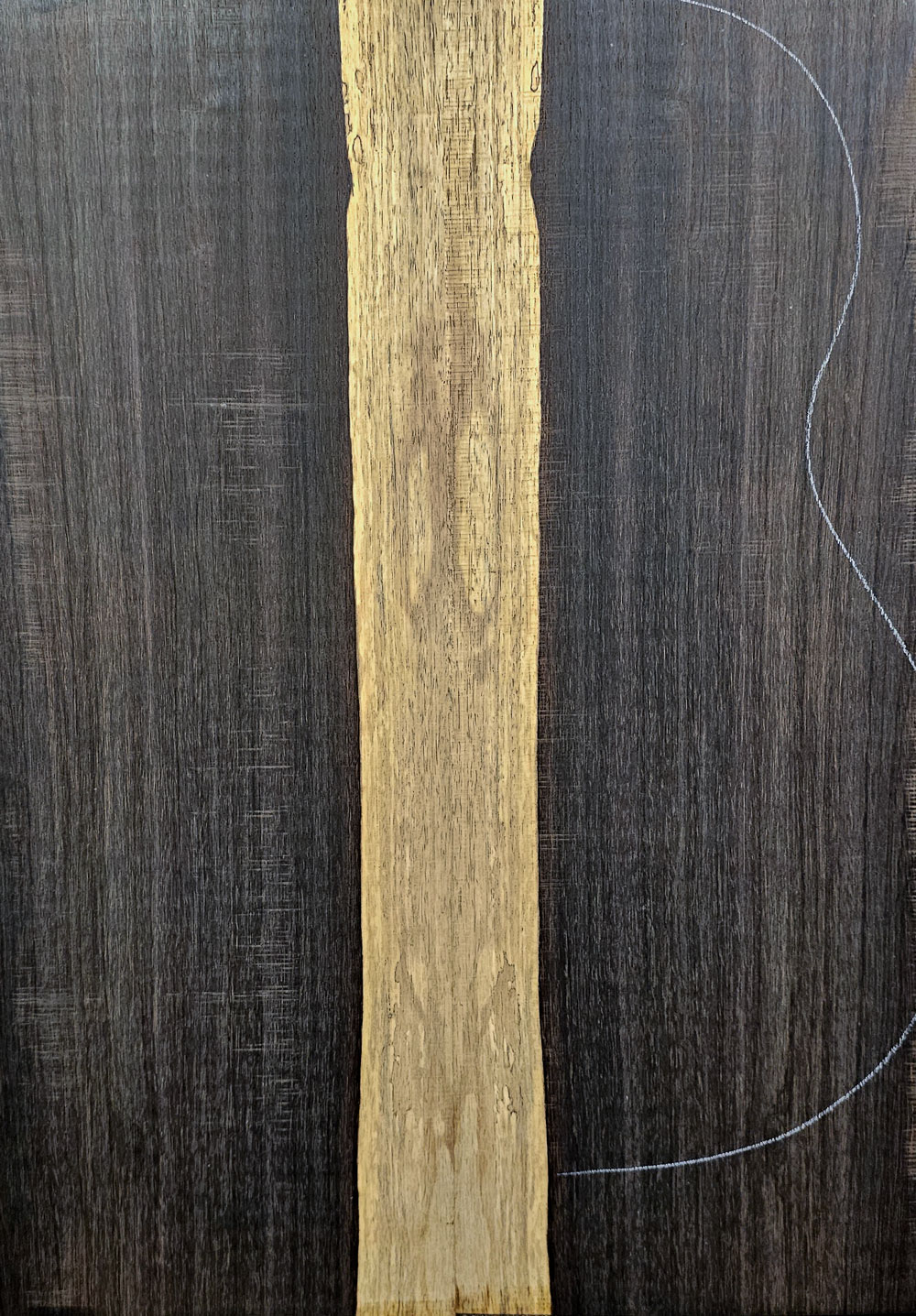
 The Rich History of Brazilian Rosewood in Acoustic Guitars: From Musical Legend to Conservation Icon
The Rich History of Brazilian Rosewood in Acoustic Guitars: From Musical Legend to Conservation Icon
For centuries, Brazilian rosewood has held a revered status in the world of acoustic guitars, its rich history intertwined with the evolution of musical instruments and the pursuit of sonic perfection. Renowned for its unparalleled tonal qualities and exquisite beauty, Brazilian rosewood has earned its place as the holy grail of tonewoods among musicians and luthiers alike.
Early Beginnings:
The story of Brazilian rosewood’s ascent to fame as an acoustic guitar tonewood dates back to the early days of guitar making. As European settlers explored the lush landscapes of Brazil in the 16th century, they discovered the dense forests teeming with rosewood trees. Recognizing the wood’s exceptional hardness, density, and resonance, craftsmen began utilizing Brazilian rosewood in the construction of musical instruments, including guitars.
Rise to Prominence:
By the 19th century, Brazilian rosewood had firmly established itself as the tonewood of choice for acoustic guitars, revered for its ability to produce rich, complex tones with a chime-like sustain. Guitar makers prized Brazilian rosewood for its unique cell structure, which contributed to its exceptional resonance and tonal depth. As demand for high-quality acoustic guitars surged, Brazilian rosewood became synonymous with craftsmanship and sonic excellence.
Conservation Challenges:
However, the widespread popularity of Brazilian rosewood also led to over-harvesting and habitat destruction, posing significant conservation challenges. Recognizing the need to protect this precious resource, conservation efforts were launched to regulate its trade and preserve remaining rosewood forests. In 1992, Brazilian rosewood was listed as an endangered species under the Convention on International Trade in Endangered Species (CITES), leading to strict regulations on its international trade and export.
Breedlove’s Commitment to Sustainability:
Amidst these conservation challenges, Breedlove Guitars emerged as a pioneer in sustainability within the guitar industry. Recognizing the importance of preserving Brazilian rosewood for future generations, Breedlove embarked on a mission to secure the world’s largest collection of legally documented Brazilian rosewood. Through meticulous sourcing practices and adherence to CITES regulations, Breedlove ensures that each guitar crafted from Brazilian rosewood is not only a masterpiece of craftsmanship but also a symbol of their commitment to environmental stewardship.
Preserving a Musical Legacy:
Today, Breedlove’s dedication to sustainability and conservation extends beyond craftsmanship to encompass the preservation of Brazilian rosewood’s legacy in the world of acoustic guitars. By offering custom shop and limited edition guitars featuring Brazilian rosewood, Breedlove provides musicians and collectors with the opportunity to own a piece of musical history while investing in a rare and valuable tonewood. Each Breedlove guitar crafted from Brazilian rosewood is not only a testament to its exceptional tonal qualities but also a timeless symbol of environmental responsibility and stewardship.
In conclusion, the history of Brazilian rosewood in acoustic guitars is a testament to its enduring legacy as a prized tonewood and a symbol of craftsmanship and sonic excellence. With Breedlove’s unwavering commitment to sustainability and conservation, the future of Brazilian rosewood remains bright, ensuring that its rich history continues to resonate through the music of generations to come.





